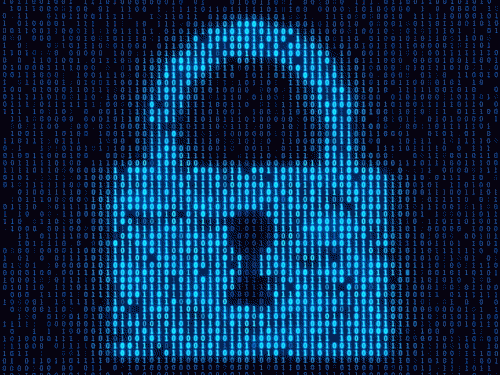Know about us
We Provide with Passion
Our mission is to provide data privacy and security expertise to help companies spend more time growing their business by establishing a more secure ecosystem.
At CyberData Pros, we understand that keeping up with the changing data security and compliance requirements is a full-time job. Our team specializes in identifying and remediating security gaps, ensuring that your business remains protected against future threats.


Regardless of whether your business is small or large, located in the US or abroad, our approach guarantees that we meet your security requirements, perfectly customized for your business.
We work to provide a process framework for your organization’s information security management system to ensure your data is better managed in transit and at rest.
Learn MoreWe understand the critical importance of privacy in today's digital landscape. We are committed to equipping individuals and organizations with the necessary tools and insights to defend against cyber threats while respecting privacy rights.
Learn MoreThere are a lot of letters and acronyms involved with modern data security. We’ll help you navigate the alphabet soup of twenty-first century compliance requirements.
Learn MoreNeed to update your privacy policy? How about your terms of service? With us, creating and updating your privacy and data security documentation is easier than ever.
Learn MoreKnow about us
We Provide with Passion
Our mission is to provide data privacy and security expertise to help companies spend more time growing their business by establishing a more secure ecosystem.
More burning questions? Feel free to contact us for more information.
Get in Touch